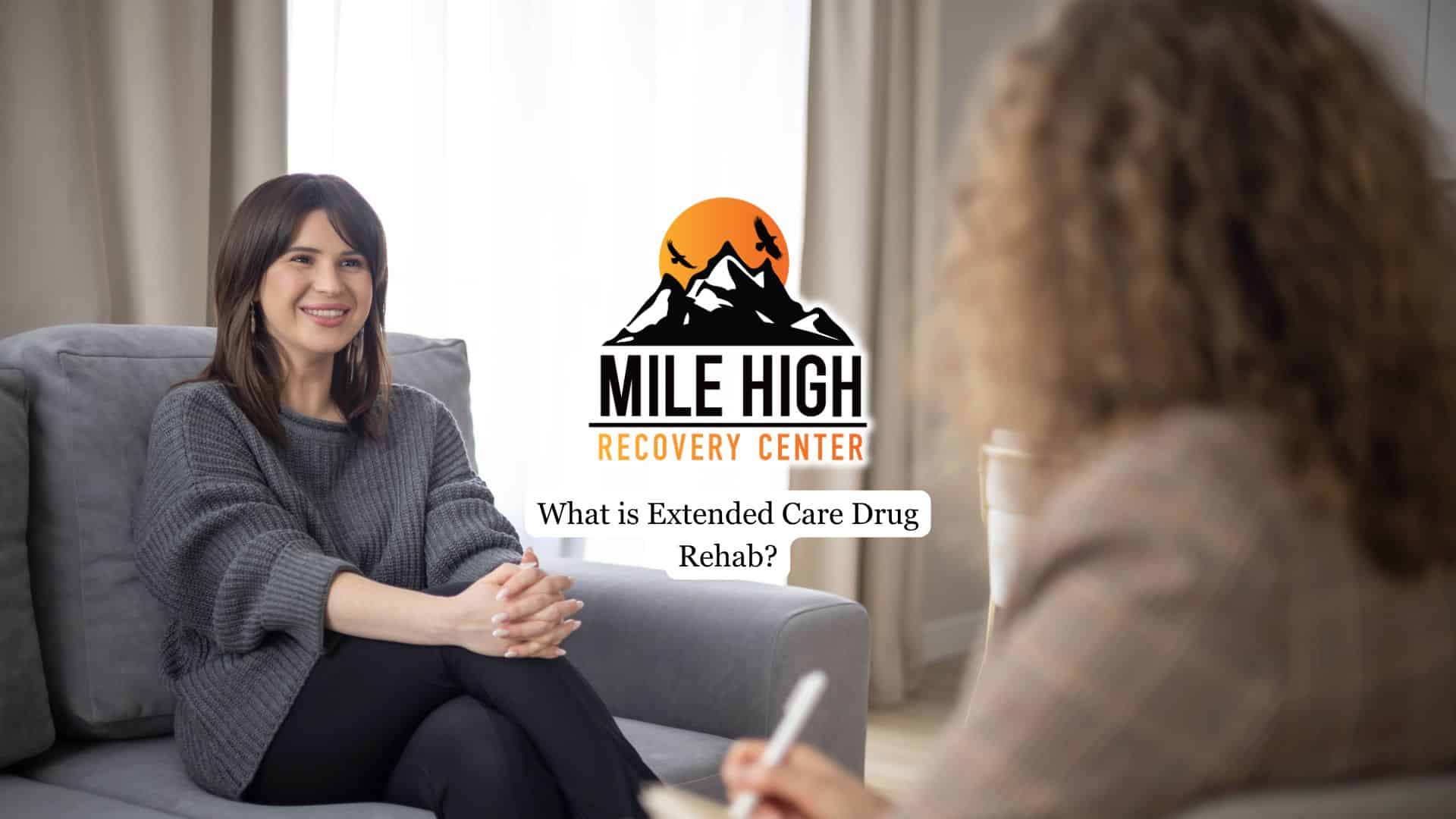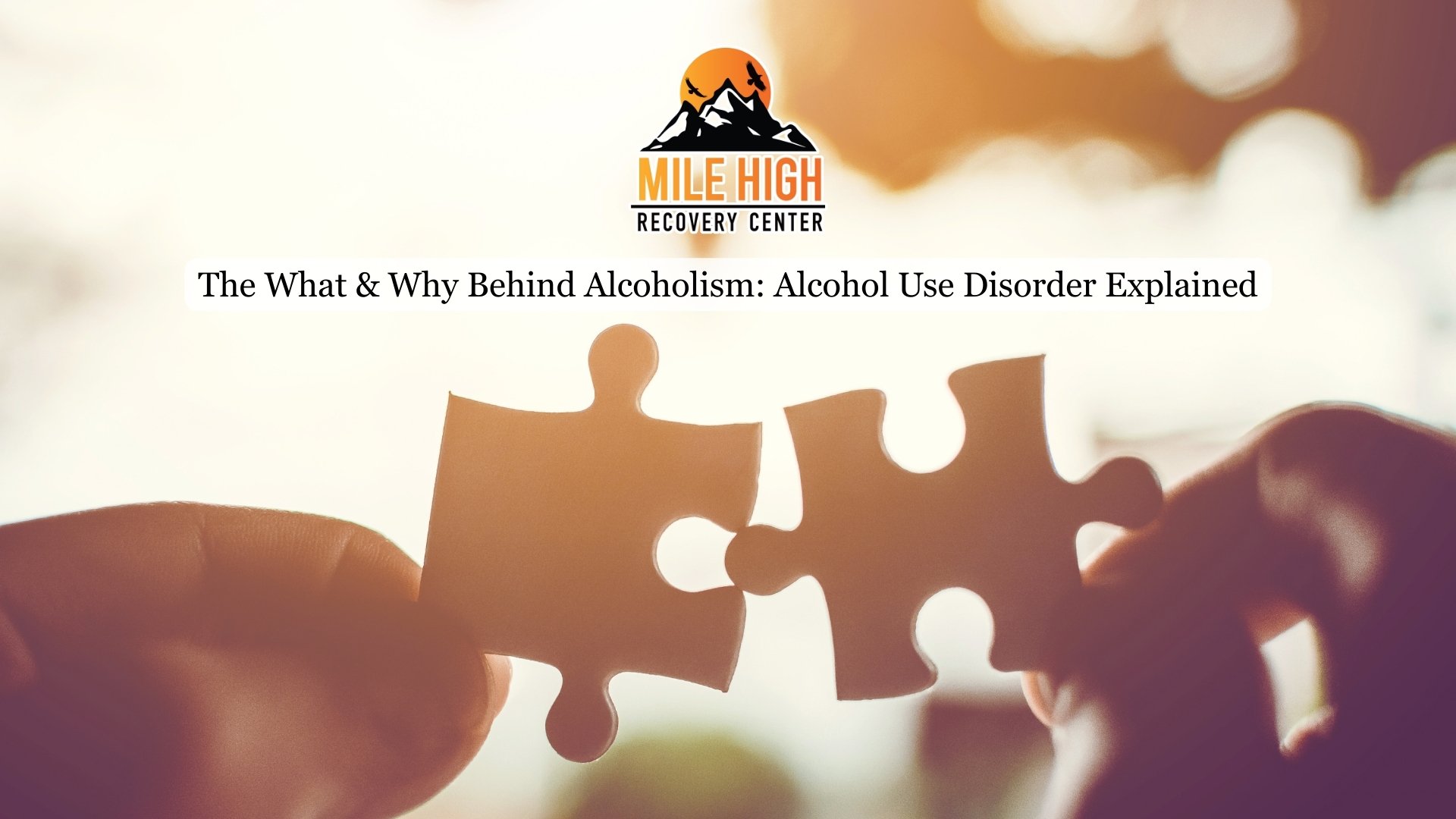Recovery from drug and alcohol addiction doesn’t end once primary treatment is complete. Many people need additional time and support to adjust, practice coping skills, and prepare for life outside a treatment center. That’s where extended care drug rehab comes in. This approach provides ongoing structure and guidance, helping individuals stay on track with their sobriety goals.
In this article, we outline what extended care addiction treatment involves, how it works, and the benefits it offers for long-term recovery.

Understanding Extended Care in Addiction Treatment
Extended care refers to a structured, longer-term rehab program that provides continued support after primary inpatient treatment. While traditional rehab often lasts 30 to 90 days, this program may last months or longer, depending on a person’s treatment needs and progress. It combines clinical services, therapy sessions, and sober living environments to help patients transition gradually from intensive residential treatment to independent living.
Extended care facilities typically provide multiple levels of care. The goal is to ensure that people in recovery do not leave treatment without the tools, support groups, and continuing care they need to succeed.
Types of Treatment in an Extended Care Program
An extended care program provides a variety of treatment services tailored to the individual’s needs. This typically includes:
- Individual and group therapy: Ongoing therapy sessions to address triggers, thought patterns, and emotional regulation.
- Sober living support: Transitional housing environments with rules, curfews, and peer accountability.
- Outpatient treatment: Continued therapy and support while allowing individuals to work or attend school.
- Holistic addiction treatment: Complementary approaches such as mindfulness, fitness, nutrition, and creative therapies.
- Support groups: Opportunities to build community and accountability through peer support.
Long-term recovery care facilities typically adjust their offerings based on the individual’s progress and treatment needs.
Benefits of an Extended Care in Addiction Recovery
- Improved relapse prevention: The structure and continued support help people in recovery better manage high-risk situations.
- Time to develop coping skills: More time means more opportunity to learn and practice emotional regulation and relapse prevention techniques.
- Continued care and support: Access to therapists, case managers, and peer support long after the residential phase ends.
- Increased stability: Helps patients with housing, employment, and daily routines that support long-term sobriety.
Research shows that longer treatment durations often lead to better recovery outcomes. Extended care drug rehab is one way to provide this long-term structure.

Who Needs Extended Care Drug Rehab?
Extended care drug rehab is especially helpful for individuals who have struggled with substance use and alcohol addiction for a long time, have completed inpatient treatment, but still need additional care, or have a history of relapse. It is also beneficial for those managing co-occurring mental health disorders or lacking a stable home environment to return to.
For these individuals, a treatment program that includes ongoing support can be the difference between relapse and long-term recovery. It creates a bridge between intensive treatment and the realities of everyday life.
What to Expect from an Extended Care Rehab Program
The structure of rehab can vary by treatment facility, but most programs follow a step-down model. Patients move from higher levels of care (like residential treatment programs) to more flexible options such as outpatient addiction treatment and sober living.
Expect a combination of:
- Regular therapy and case management
- Recovery-focused daily routines
- Continued access to medical or psychiatric care, when needed
- Experiential activities focused on building life and social skills
The length of stay may vary depending on treatment needs, but long-term treatment typically spans several months or more. Insurance providers often cover parts of long-term rehab services, so it’s worth exploring your care options with an addiction treatment center.
Final Thoughts from Mile High Recovery
For individuals navigating early recovery, extended care drug rehab offers an essential continuation of support. It provides a structured environment where patients can gradually build independence while still receiving professional care, allowing time to reinforce healthy habits and long-term goals.
At Mile High Recovery, we understand the challenges that come after initial treatment. Our extended care addiction treatment program in Denver, CO, is designed to help patients maintain progress, avoid relapse, and feel supported on the road to recovery. Whether you’re looking for sober living, outpatient support, or long-term care, our treatment center offers a variety of services tailored to your ongoing recovery journey.







